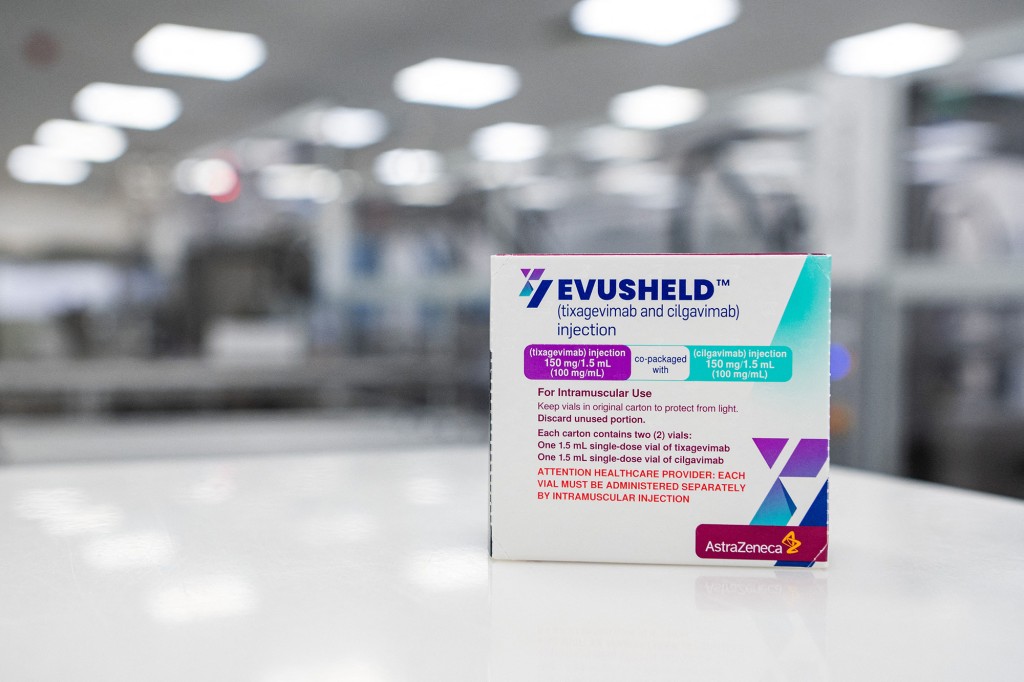Two white New Yorkers have filed a lawsuit against the state and city health departments that claims the eligibility criteria for scarce COVID-19 treatments is racially discriminatory.
Jonathan Roberts, 61, and Charles Vavruska, 55, argue that a list of risk factors that health providers consider when prioritizing who can receive limited COVID-19 monoclonal antibodies and oral antivirals discriminates against them as white men, according to a Brooklyn federal lawsuit Tuesday.
The suit cited guidance from state and city health agencies that direct health providers to factor in age, vaccination status, diseases and ethnicity.
The state Department of Health advises “non-white race or Hispanic/Latino ethnicity should be considered a risk factor, as longstanding systemic health and social inequities have contributed to an increased risk of severe illness and death from COVID-19.”
But the suit claims that this listed risk factor “has no basis in science” and “is instead an arbitrary classification.”
“Both Plaintiffs want the ability to access oral antiviral or monoclonal antibody treatments on an equal basis, without regard to their race, if they contract COVID-19,” the filing says.
“We eagerly await the day on which the supplies for these medical treatments can match demand,” plaintiff lawyer Wen Fa, of the Pacific Legal Foundation, said in a statement. “But until that time, treatments should be allocated on the basis of need and scientific criteria, not on the basis of arbitrary racial classifications.”
A rep for the New York State Health Department denied that anyone who meets the criteria for the treatments would be refused them over their race.
“No one in New York who is otherwise qualified based on their individual risk factors will be turned away from life-saving treatment because of their race or any demographic identifier,” department spokeswoman Erin Silk said.
Silk noted that health care providers can consider the listed risk factors when treatments are in short supply. But “these are neither qualifications, nor requirements for treatments.”
Silk also said the inclusion of the note about race as a risk factor was based on the Centers for Disease Control and Prevention’s guidelines that “show COVID-19 mortality rates are higher among certain demographic groups, including senior citizens, immunocompromised individuals and non-white/Hispanic communities.”



















